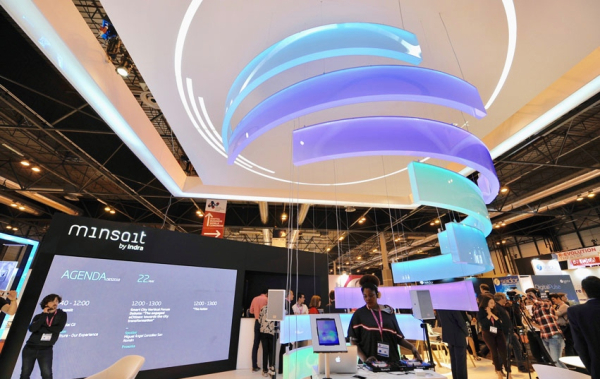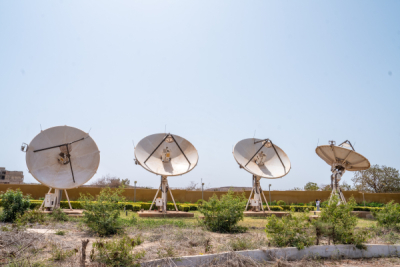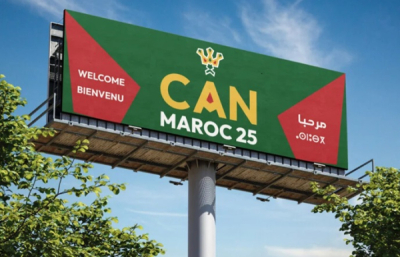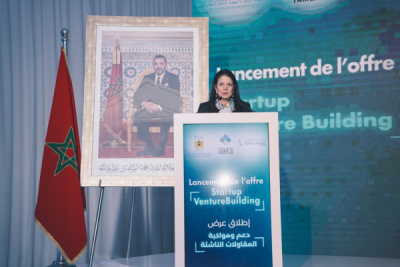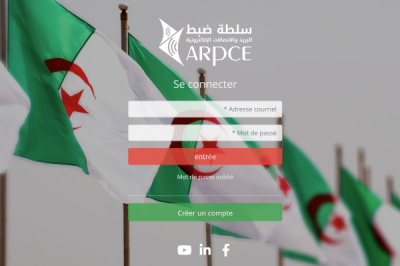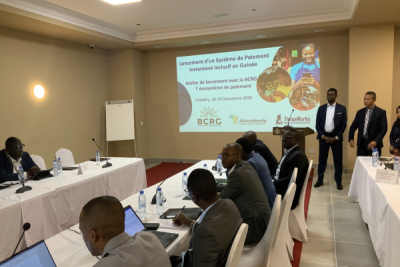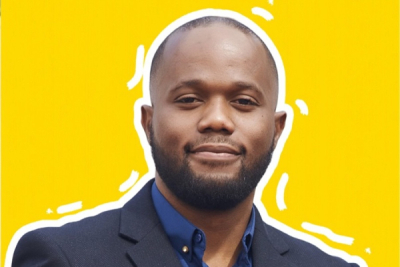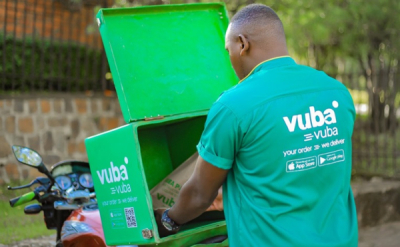In its latest e-government development index, the United Nations ranks Morocco among the best in Africa. As they are aware that there is still room for progress, the country’s authorities are making more investments to improve their public services.
Morocco, through the Agency for Digital Development (ADD), recently launched its e-government interoperability platform. This platform aims to facilitate secure and transparent data and document exchange between public administrations, agencies, and institutions.
With the interoperable platform, the country wants to streamline its processes and make its services more suited to meet residents’ expectations. Thanks to the platform, public administrations, institutions, and agencies can exchange information even if they use different information systems.
"Interoperability between the various IT systems reduces processing cycles and makes previously issued documents available to every connected administration. It also reduces human errors and costs,” explained Minsait -which developed the interoperability platform- in a release dated Monday, September 5.
The platform is one of the Moroccan government’s investments for its digital transformation ambition. In its digital strategy, the country wants to increase the percentage of citizens and businesses satisfied by public services to 85% by 2025. To do so, it plans to transform how they interact with the government by digitizing end-to-end citizen/business priority services.
Currently, the Single Social Register (RSU), the MASSAR school management system, and some social programs are operational on the Interoperability Platform, which is an open "Internet of Things" (IoT) system with Big Data capabilities.
It enables simple integration and the exchange of information from different systems, applications, and devices. It also facilitates encryption to protect data confidentiality and integrity.
Muriel Edjo


